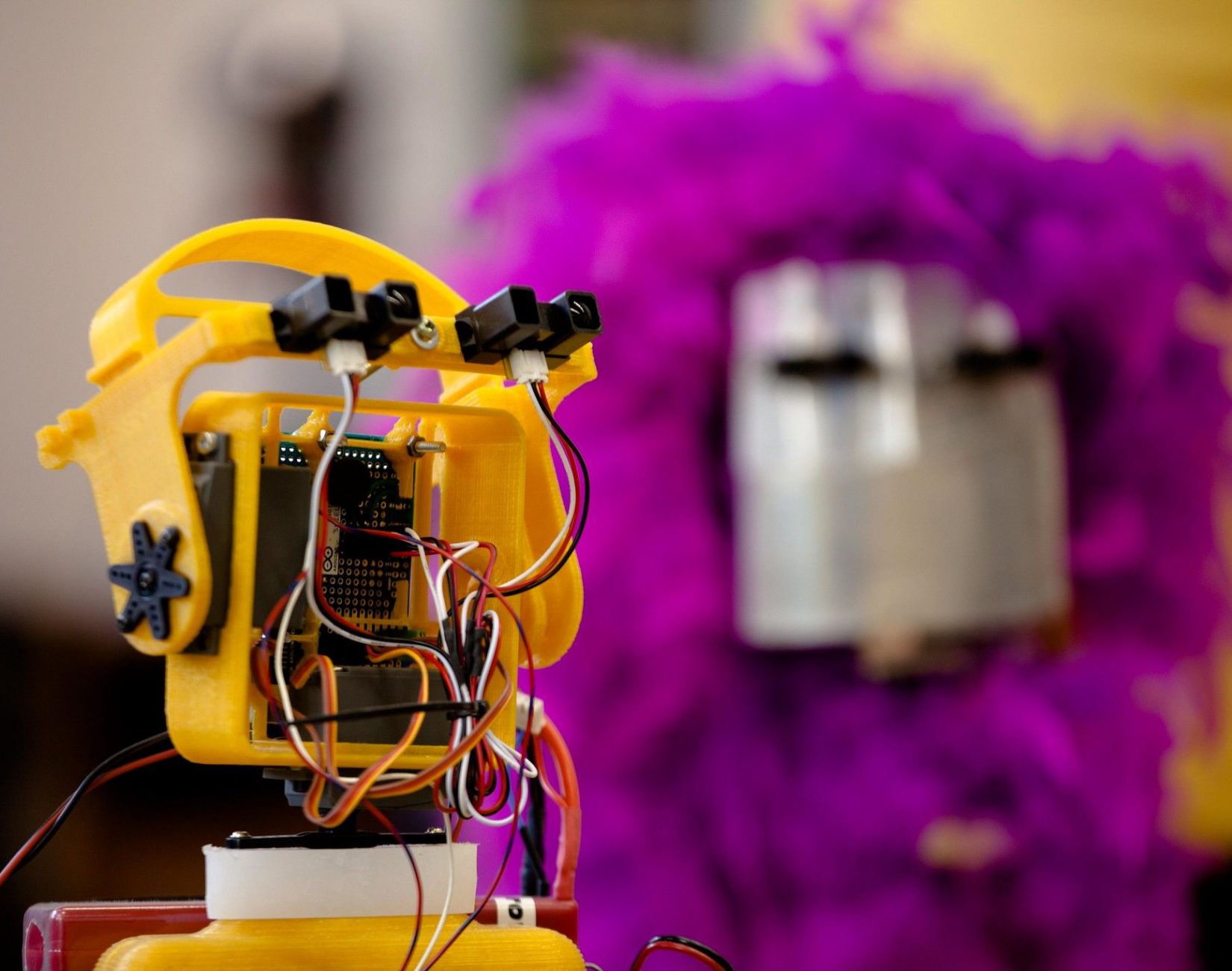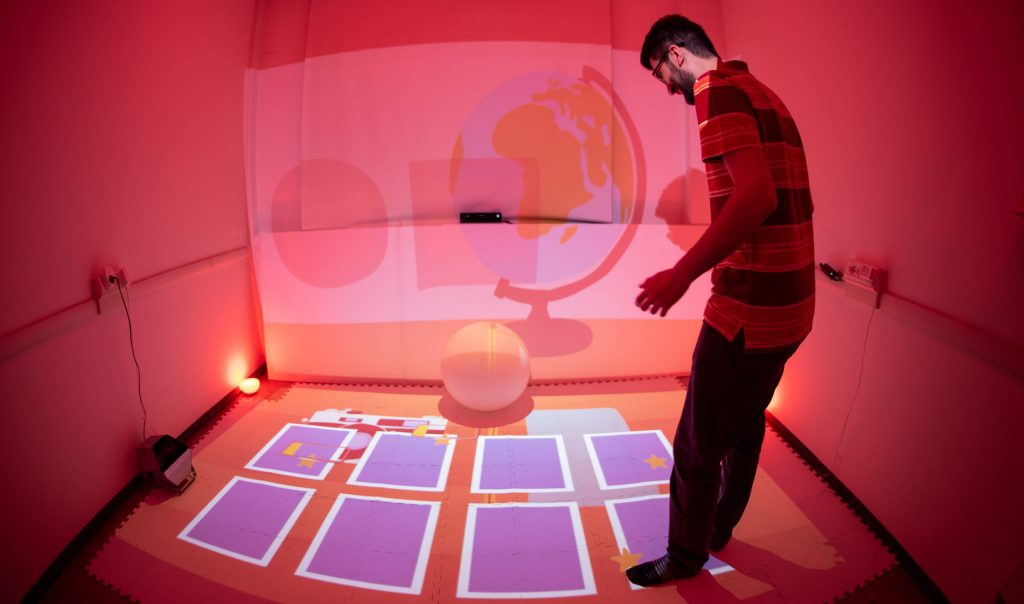How shall I conclude my master?
How does the Master's degree end?
The Master’s degree ends with the thesis. The thesis is the moment when all the knowledge and methodologies learnt are put into practice, in a cross-curricular manner, by going in depth with regard to a specific topic.
“The Master’s degree course ends with the thesis”
How do you start a thesis?
The first thing to do is to identify an area of interest and then search for one or more lecturers who are active on the research front in that area (bearing in mind that sometimes what a lecturer does as research does not coincide with the content of his or her teaching). Practical ways of finding lecturers may be, in addition to ‘word of mouth’ of course, to consult the publications of those who seem closest to the topic (e.g. on ‘Google Scholar’), to read the lecturers’ curricula associated with the teaching assignments page on the Politecnico website, to find links to personal pages on the department’s website (where thesis topics available are often also indicated), or to explore the theses already carried out at the Politecnico on ‘PoliTesi’. Each lecturer informs about available theses in a different way: some give in-person presentations, others have documents with a list of possible topics. Contacting them by e-mail is a great way to find out.Typically, a student has three or four subjects of interest; he/she contacts three or four teachers, who will make him/her proposals among which to select one (of course, the student has to remember to let know what s/he means to do also to the teachers s/he is not going to work with!).
Can a thesis project proposal be proposed by the student?
A student may propose a topic of his/her interest to the teacher whose research interests are most closely related to it. If the project is suitable, the teacher may decide to allow the student to pursue it, under his/her supervision.
When can you start your thesis?
There is no rule, in general it is suggested to do it at the end of the course of study. Thus, when there are about 10, 5 or even 0 credits left. Some teachers do not accept students who still have too many exam credits to take.
In general, it is suggested to start the thesis at the beginning or end of the second semester of the second year, depending on how many credits are missing.
Can the thesis project be carried out with another student?
At the Politecnico, the thesis can have up to a maximum of two authors. The two authors do not necessarily have to graduate at the same time: up to two years may pass between the graduation of the first author and the graduation of the second author. Since the grade is determined not only by the paper but also by other factors (individual effort, communicative quality of the final presentation…), the grade is not necessarily the same.
Who are Supervisor, Co-Supervisor and Examiner?
The thesis supervisor is the person who proposes the thesis, supports the student and presents him or her for graduation. The co-supervisor is another person, who gives some form of support during the course of the thesis and can be, for example, a doctoral student, another professor, an external professor or a company tutor. The “examiner” (in italian, “controrelatore”) is an expert who reads the work and judges it. He or she judges if it is well written, if it is well structured, if the methods used are correct, if the state of the art has been done well and if the thesis has an innovative and original content. The examiner is assigned ex officio by the thesis supervisor, s/he is not to be chosen by the student. Very often students confuse supervisor and examiner, due to the assonance between the two terms in the italian language (“relatore” and “controrelatore”), so it is important to highlight the different roles of the two.

What is the difference between thesis and “tesina”?

There are two types of thesis: the thesis with an examiner and the one without (known in jargon as a “tesina”, a small thesis). The difference lies in the scientific ambition of the content and, consequently, in the time required for the completion. The thesis with an examiner must be innovative under some respect and advance the state of the art: it can take up to a year. It may receive up to a maximum of seven points. The “tesina” may be a literature review on a topic, or the execution of a project or some part of it; generally, it requries around six months of work. There is no examiner. The maximum mark is four points and it is not possible to take honors with a “tesina”.
How/when do you decide whether to do a thesis or “tesina”?
There are several possibilities. One can start a work with one of the two types already in mind, or one can steer towards one of the two during the realization of the thesis, on the basis of the amount of work and the results one is achieving. In any case, the final responsibility for this decision lies with the professor who presents the student at the graduation session, although, of course, this decision is the result of interactions and exchanges of opinion throughout the work.


